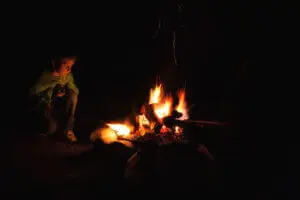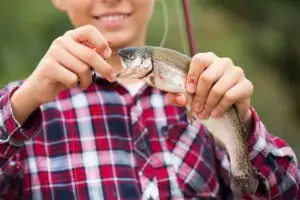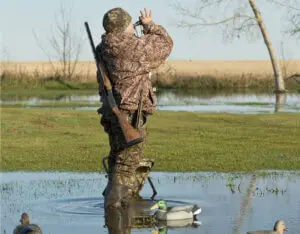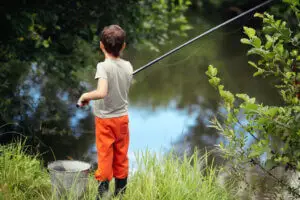A Series on the RA Virtues: Friendship and Compassion
December 18, 2023
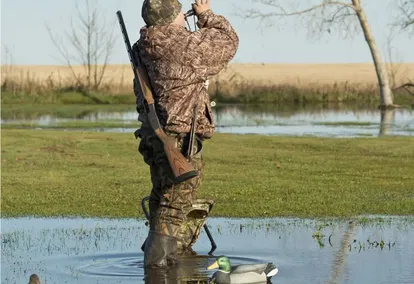
This blog is the third in a series on the RA Virtues.
Robert Ruark once penned that a man has to be crazy to be a duck hunter. He was not far from the truth.
My grandfather had a rule at his house: Christmas dressing was not to contain chicken but was instead to contain duck. Pop was a fairly tolerant man, but there were some transgressions he could not abide, and chicken dressing was one. (Peeling the skin off his fried chicken was another.) Even after he passed, my grandmother still insisted on having fresh duck for her dressing.
Thus, my dad and I found ourselves one afternoon, shortly before Christmas, facing my grandmother’s disapproving glare when we told her we had not been duck hunting yet. “No ducks, no dressing,” was her terse reply. We dutifully obliged and made plans to go to the swamp the next morning to harvest a few ducks.
Never have less fortunate souls found themselves standing thigh-deep in a beaver pond in the pre-dawn hours of a 10-degree December morning with the only thing between them and frostbitten extremities being the thin rubber hip waders (think rubber boots that come up to your upper thigh) they are wearing.
Of course, some folks hunt ducks from a duck blind, in the manner of softies. I hear tell that some duck blinds have heaters and toilets and little stoves for warming your coffee — even a butler in a black, claw-hammer coat to serve it to you. OK, maybe not the butler, but you get the idea: “Shoot ducks without ever suffering.” I went duck hunting a few years ago in a blind in South Louisiana and, I kid you not, it had running water. I was ashamed of myself.
Part of the fun of shooting ducks was suffering a little. Crawling out of your nice warm bed into the dark, freezing world on the off chance you might hit a duck was, in its own weird way, fun. Perhaps it was the ritual of warming your waders by the fire, and then having a cup of coffee and a snack cake with your dad before tramping through the quiet woods to the swamp. Maybe it was the crisp, cold air surrounding you as you stood in the icy water. Whatever it was that kept me coming back for more, I liked it.
In any event, this particular December morning I found myself standing in the dark in almost-freezing waters with frigid air temperatures. The ducks flew and, luckily, I was blessed to shoot a nice one that would make a fine dressing. I just had to wade out into the swamp and get it, as it had landed 20 yards or so away.
My newfound hunting prowess overpowered my intelligence. As I waded out to retrieve the duck, I misjudged the depth of the water. The penalty was swift and severe: water came pouring over the top of my waders straight down to my feet. The chief property of the waders that kept water out — namely that they were airtight — was also the property that kept water in.
If not treated immediately, frostbite would be imminent. The longer I waited, the direr the consequences.
Of course, out in the swamp I couldn’t simply take the wader off and dump the water. I would have to return to dry land to do that. So I started for land, but with a boot ankle-deep in near-freezing water, the short journey felt like a lifetime.
Luckily, my dad had seen it all. By the time I got to land he had already started a small, crackling fire. As I sat down and unlatched the wader, he immediately pulled it off — and my socks with it. The fire warmed my cold foot. Soon, all was well.
My dad demonstrated the second command of the RA Pledge that day, namely that we “have a Christlike concern for all people,” and its two accompanying virtues: friendship and compassion.
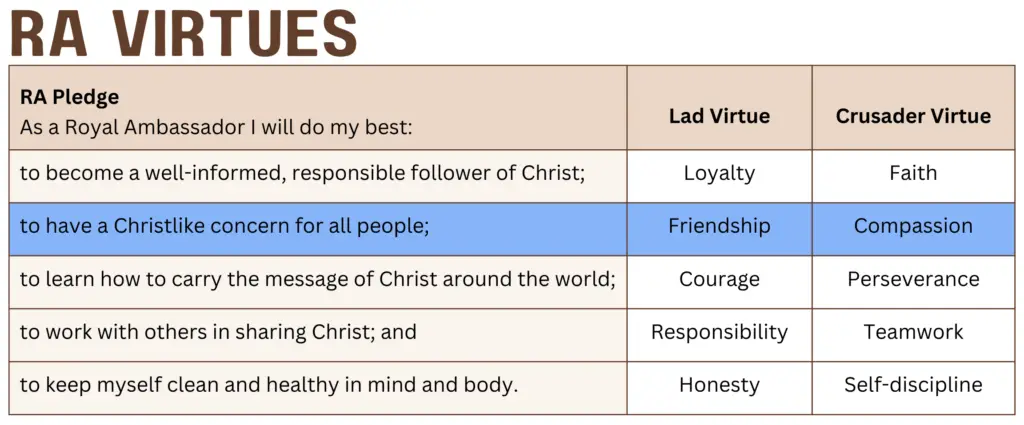
In Luke 10, Jesus tells the now-familiar story of the good Samaritan. At the end of the tale, Jesus asks, “Which of the three do you think was a neighbor to the man who was attacked by robbers,” the correct answer being the one who showed mercy — the Samaritan. The Greek word, usually translated “neighbor,” conveys a sense of nearness and may also be translated as “friend.” To ask Jesus’ question a different way: Who was a friend to the one in need? The answer is the same: The one who showed mercy — the Samaritan.
The Samaritan had a Christlike concern for the man who was attacked by robbers; my dad had a Christlike concern for his knuckleheaded son, and similarly we should have a Christlike concern for all people.
Our RA Pledge should recall for us the idea that friendship means having compassion, and we should be friends with all people, even duck hunters.
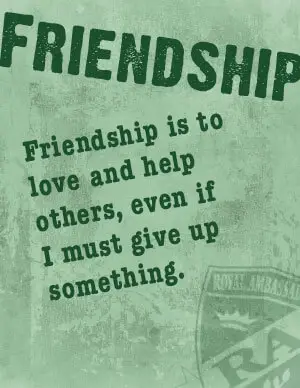
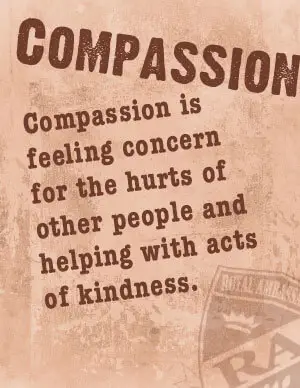
Keith Gates is the WMU ministry consultant for Royal Ambassadors, Challengers, and Youth on Mission. This article is the third in a series on the RA Virtues.
